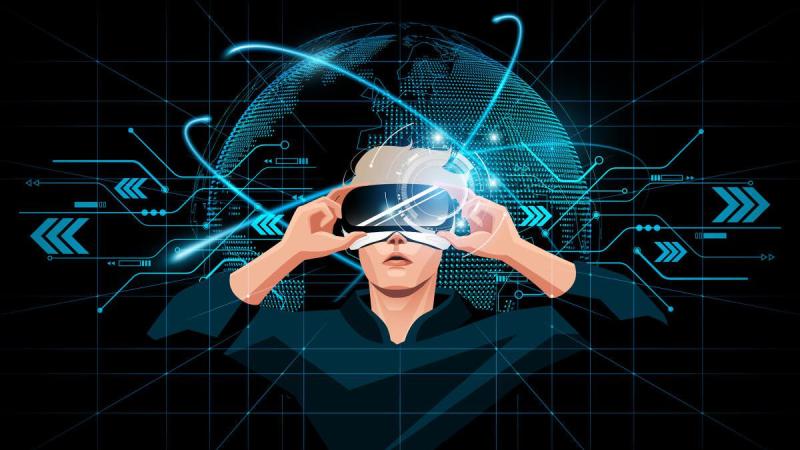
The popularity of virtual reality (VR) is on the rise, with an estimated 171 million active users worldwide. VR technologies, including headsets and applications, collect a wide range of user data, including observable, observed, computed, and associated data. Observable data refers to information that third parties can perceive and replicate, such as digital media and communications. On the other hand, observed data is information provided or generated by the user, which third parties can observe but not replicate. Computed data is derived by interpreting observable and observed data, and associated data is information that does not provide descriptive details but is necessary for user authentication and device functionality.
The extensive data collection in VR raises several privacy concerns:
- It threatens users’ anonymity and autonomy, as sensitive information can be revealed and distributed without consent. This is particularly concerning for vulnerable users, such as children and those using VR for health or medical purposes, who may be at risk of discrimination or autonomy violations.
- There are risks of impersonation and identity theft, as malicious actors can access and manipulate observable data, such as avatars and virtual assets.
- Computed data, which includes inferred or interpreted information, can reveal sensitive or personally identifying details that the user did not consent to share.
- Associated data can expose users to reputational harm, fraud, and other economic damages when combined with descriptive information.
Mitigating privacy risks in VR
To address these privacy risks, VR developers can implement several strategies:
- They can give users transparency and choice regarding data collection practices, allowing users to restrict access to sensitive information.
- They can secure user data through encryption and local storage, particularly for susceptible information.
- They can establish clear data access and storage guidelines to prevent unauthorised access.
- They can implement user privacy controls, such as opt-out mechanics, to give users greater control over their data.
- They can work with government agencies to develop voluntary privacy standards and best practices for VR, filling the gaps in existing legislation.
Transparency and Consent: VR developers should provide clear and accessible privacy policies, obtain user consent, and offer privacy settings to give users control over data sharing.
Data Security: Encryption, local data storage, and access restrictions can protect sensitive data from unauthorised access or misuse.
Regulatory Reform: Current privacy laws often fail to address VR-specific concerns. Policymakers should clarify existing laws’ applicability to VR, introduce comprehensive national privacy legislation, and establish rules to safeguard against new risks, such as those from biometric data.
User Education: Users must be aware of the data they consent to share and their privacy rights. Educational institutions play a role in promoting digital literacy for VR, especially among vulnerable users.
Industry Collaboration: VR developers should work with policymakers to establish voluntary guidelines, standards, and best practices for user privacy protection.
As VR technology advances and gains wider adoption, addressing privacy concerns is crucial to protect users from potential harm. While VR developers have implemented some privacy measures, such as user consent and data encryption, the unique challenges posed by VR call for innovative solutions. check over here notesonline.com, for detailed information. By proactively addressing these challenges, developers can ensure that users enjoy the benefits of VR while minimising the risks to their privacy.



